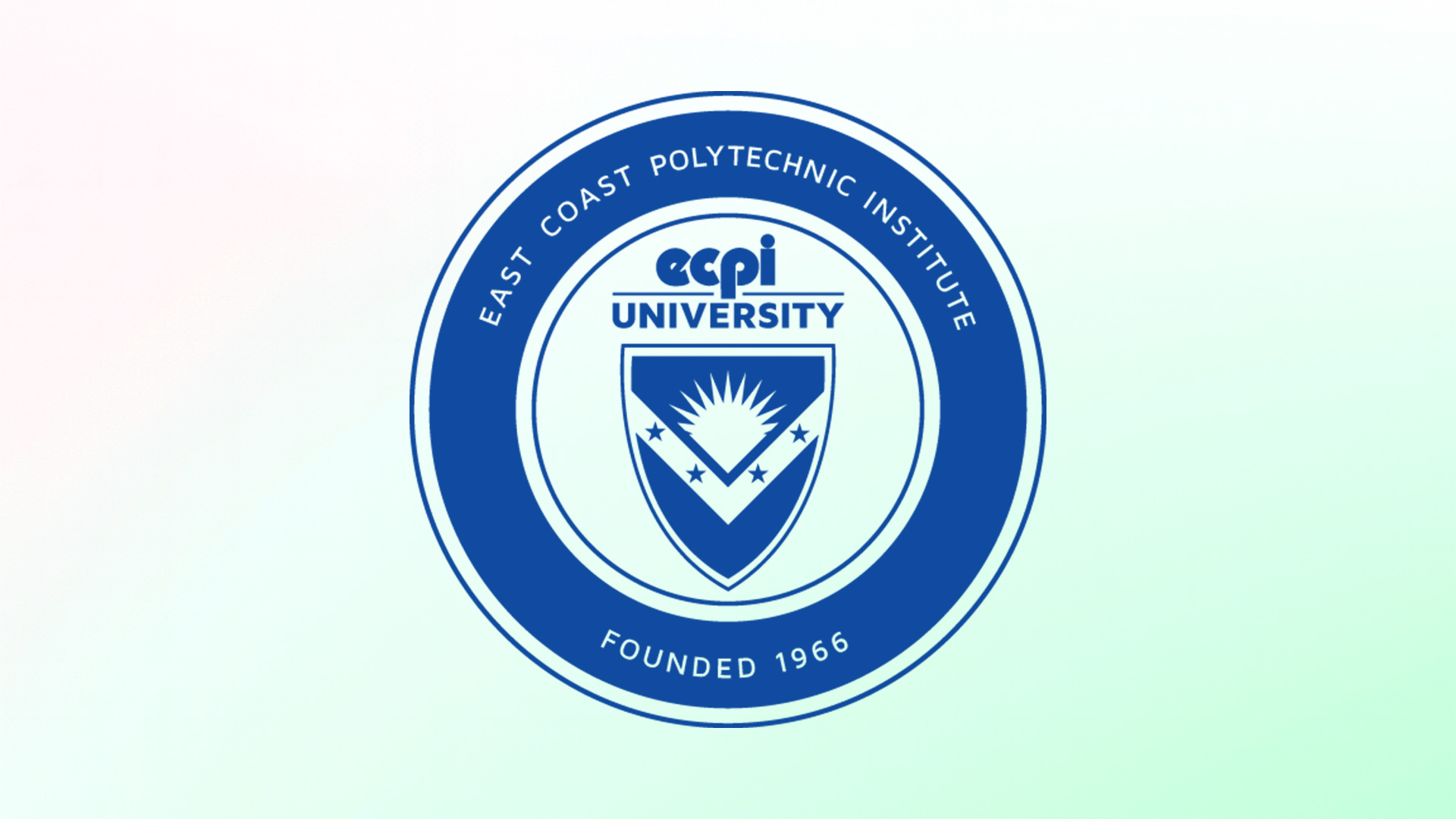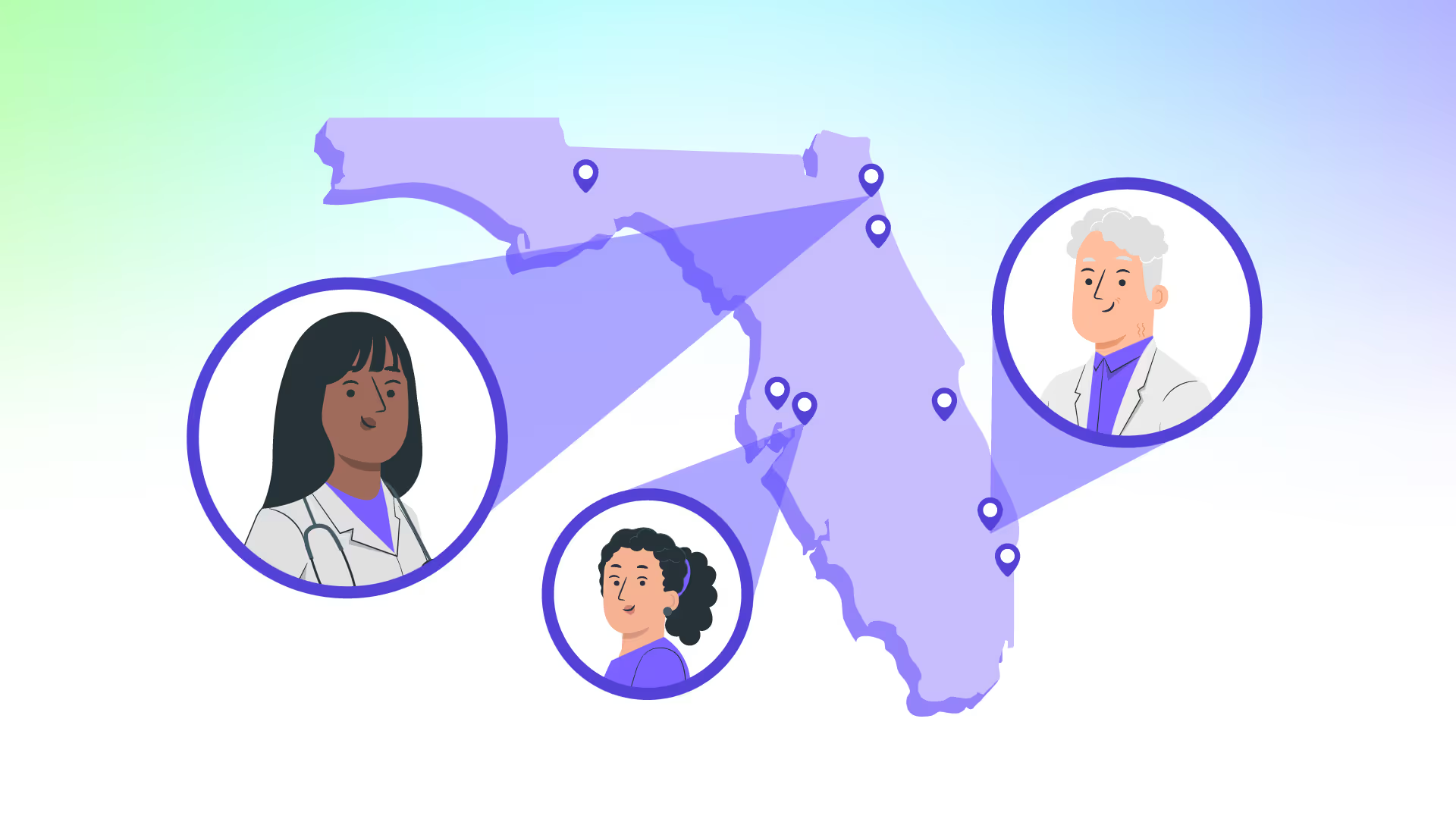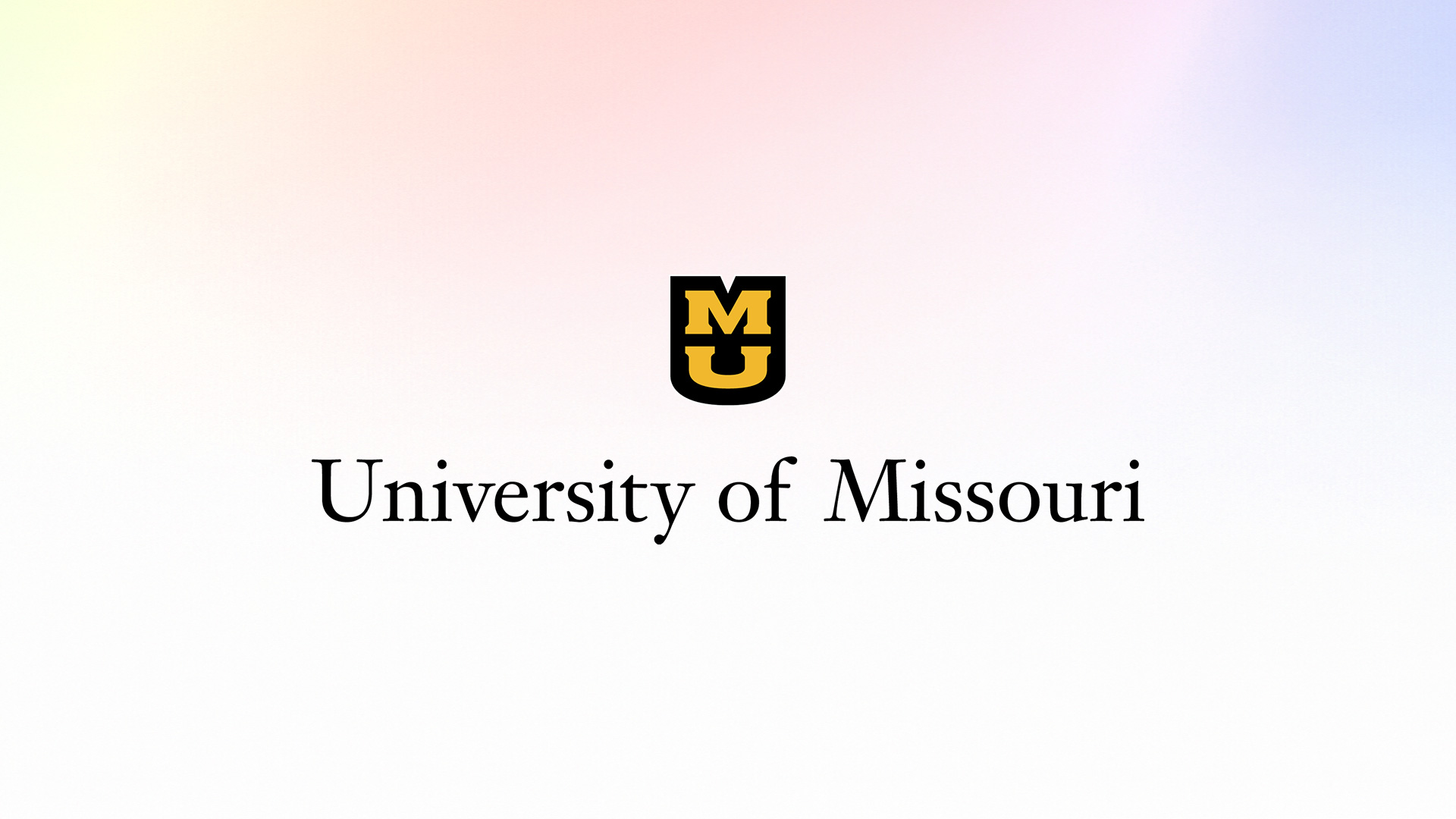ECPI University coordinates clinical placements for MSN–Family Nurse Practitioner students, assigning learners to approved clinical sites rather than requiring them to secure their own preceptors. Students may suggest potential clinical locations, but all sites must be reviewed and approved by ECPI’s program leadership. Even with university support, limited availability at clinics can make early planning and clear communication essential for staying on track.
TL;DR - Clinical Rotations For ECPI Nurse Practitioners Explained
- ECPI University coordinates clinical placements for MSN–FNP students, though specific sites and locations cannot be guaranteed.
- Students may suggest preceptors, but all clinical sites must be approved by ECPI’s program director.
- Limited capacity at clinics, primary care offices, and community settings can still create delays in the placement process.
- Many NP students use their free NPHub account to secure currently available preceptors and keep backup options ready.
- Staying organized and planning early helps ECPI students move smoothly toward their clinical rotations and graduation.
Stepping Into Your Clinical Requirements at ECPI University
Beginning the clinical phase of your MSN program at ECPI University is an important step in your progress as a future family nurse practitioner.
You have completed the coursework, built your foundation in advanced nursing concepts, and the program is designed to prepare you for the critical transition from the classroom to hands-on clinical experience.
Because ECPI’s programs move quickly, many students manage this stage while working full time, caring for family, and keeping up with online assignments. It is common to feel uncertain about where to start, how clinical placements work, and what kind of support you may need as your start date approaches.
Even students who feel confident academically often realize that the logistics behind clinical rotations require guidance, steady planning, and clarity they may not have yet.
If you want to see what clinical options exist in your location as you plan ahead, you can create your free NPHub accountand explore available preceptors before deadlines get too close.
Let’s talk about how ECPI University handles clinical placements, why so many NP students feel overwhelmed during this stage, and where you can find for additional support.
How Clinical Placements Work at ECPI University
ECPI University structures its MSN Family Nurse Practitioner clinical placements differently from many other nursing programs.
Instead of asking students to find their own preceptors, ECPI uses a coordinated, program-directed model where the clinical placement team and the program director assign students to approved clinical sites.
This approach is designed to keep the process consistent with accreditation standards and align each placement with the curriculum, faculty expectations, and the competencies required for graduation.
ECPI University is accredited by commissions such as the Commission on Collegiate Nursing Education and the Southern Association of Colleges and Schools Commission on Colleges, which authorize the university to award associate and master's degrees in various fields, including science in nursing.
When you enter the clinical portion of the MSN program, the university manages the outreach to clinical agencies, negotiates site agreements, and confirms that each location meets the requirements for advanced nursing education. ECPI University offers students access to advanced technology and support services to facilitate clinical placements.
Students in Virginia, Virginia Beach, and other ECPI locations follow the same process, whether they are in the baccalaureate-to-master pathway or transitioning from their BSN into graduate-level coursework.
Students still play a role in the process, but the responsibility is different from programs that require full self-placement. ECPI outlines several expectations to keep the process organized:
- Students are not required to arrange their own clinical placements. ECPI handles communication with clinical agencies, ensures compliance with licensure and practice standards, and maintains contracts with approved sites.
- Students may suggest potential preceptors or clinical locations. These suggestions must be reviewed and approved by the program director before anything can move forward.
- Final placements depend on availability and capacity at each site. ECPI cannot guarantee a specific clinical agency, specialty, or location.
- Some placements may require travel. Depending on site availability, students may need to be flexible about distance and scheduling.
- All clinical sites must meet ECPI’s academic, regulatory, and accreditation requirements. The faculty and clinical placement team verify that each site can support the master’s-level competencies students must demonstrate.
This model gives ECPI nurse practitioner students structured support, but it also requires you to stay engaged, complete documentation promptly, respond to program communications, and be prepared for a variety of clinical environments.
Planning early, keeping track of requirements, and staying connected with faculty can make a meaningful difference in your timeline.
If you want to explore additional clarity while preparing for future rotations, or if you prefer to keep backup options available, you can create your free NPHub account and browse preceptors who meet FNP clinical expectations in your area.
With a clearer view of how the placement process works, it helps to understand the MSN curriculum itself and how clinical learning is built into your graduate program at ECPI.
The Reality Behind Finding a Clinical Site as an NP Student
Even though ECPI University coordinates clinical placements for its MSN program, the process can still feel uncertain for many graduate nursing students.
Clinical education relies on real healthcare settings, qualified preceptors, and site availability, and those factors are becoming more limited nationwide. Many students assume that once the university handles the paperwork, the rest will fall into place quickly, but the reality is that clinical agencies, hospitals, private practices, community clinics, and public health departments all have their own capacity limits that influence placement timelines.
Across the country, nurse practitioner students from a wide range of colleges and universities are competing for the same clinical environments, especially primary care, family practice, pediatrics, community health, and women’s health settings.
Practical experience in diverse settings, including public health departments, is essential for developing advanced nursing skills. Some clinics can only supervise one FNP student each term, while others temporarily stop accepting learners due to staffing changes, patient volume, or scheduling conflicts. Even at accredited institutions like ECPI University, site availability can shift based on location, season, and faculty oversight needs.
Changes in healthcare politics and policy can also impact the availability of clinical sites for students, making the placement process even more unpredictable.
This is where many ECPI nurse practitioners-in-training begin to feel the pressure. You are completing online coursework, following your curriculum, meeting grade requirements, preparing for advanced practice responsibilities, and working toward licensure eligibility.
At the same time, you are waiting to hear which clinical site you will be assigned to and whether travel will be required based on availability in Virginia, Virginia Beach, or your local region. When clinics respond slowly or site capacity is limited, it is normal to want more visibility and options you can rely on.
To get a clearer view of what is actually available in your region while ECPI completes the placement process, open up your free NPHub account and immediately check which preceptors have confirmed openings for upcoming terms. Many students use this to avoid losing time during high-demand semesters or tight clinical deadlines.
As you get closer to your clinical start date, having a clear understanding of your options can make this part of the journey feel more manageable. And if you ever need additional security or a faster alternative, NPHub can connect you with vetted preceptors who already meet the academic and regulatory requirements for graduate-level nursing education.
Now that you have a sense of the challenges many NP students face, it becomes easier to understand how outside support can fit into your clinical planning. Here is how NPHub helps students stay on track and move forward with confidence.
The Role of NPHub in Today’s Clinical Search for NP Students
As ECPI University works through its placement process, many MSN students still look for additional support to avoid delays in their graduate program. Clinical education depends on real clinical sites, practicing nurse practitioners, and healthcare settings that have room to supervise FNP students.
When capacity becomes limited in primary care clinics, family practice locations, pediatric offices, or community-based environments, students often want a clearer view of available options in their region, especially those that align with their ECPI curriculum and advanced practice skills.
NPHub was created to give nursing students a more direct pathway to preceptors in situations where timing, location, or site availability becomes uncertain. Instead of waiting for updates from busy clinical agencies, students can review real preceptors across Virginia, Virginia Beach, and other states who are already prepared to teach MSN and Family Nurse Practitioner students.
Each clinician listed has been vetted for their experience, their alignment with graduate-level nursing education, and their readiness to support students working toward licensure.
This helps ECPI students stay focused on their online courses, complete their master’s-level assignments, keep up with their writing and statistics classes, and continue progressing toward their master of science degree without feeling stalled by incomplete clinical details.
Many students appreciate having visibility into primary care, pediatrics, women’s health, and adult-focused clinical settings that match the competencies required by ECPI’s accredited MSN program.
Another benefit is the structured support NPHub offers with documentation and clinical paperwork, graduate nursing students often have questions about forms, site requirements, preceptor information, or approval timelines.
Having guidance during that process makes it easier to stay on track with program director expectations and university deadlines, especially when balancing work as an RN, family responsibilities, and the demands of a fast-paced graduate program.
To prevent last-minute delays, create a free NPHub account and secure alternative options early and secure available preceptors in your area. NP Students use this as a way to stay proactive, protect their timeline, and avoid unnecessary delays during the clinical portion of their degree.
NPHub gives ECPI MSN students an added layer of stability at a moment that often feels unpredictable. With reliable access to approved preceptors, consistent support, and clinical opportunities that match the expectations of advanced nursing practice, students can continue building the skills and experience needed to step confidently into their future role as a family nurse practitioner.
If you have been told different things about clinical placements or feel uncertain about your options, reach out to NPHub or your program director for guidance. This can help you reach your educational and professional goals with confidence.
Now let’s bring everything together with a closing section that helps students feel grounded and clear about their next steps at ECPI University.
Preparing for Your Next Step As An ECPI NP Student
Reaching the clinical phase of your MSN program is a meaningful point in your journey toward becoming a family nurse practitioner.
Even with ECPI University coordinating placements, it is normal to have questions about timing, expectations, and the realities of completing supervised hours in real healthcare settings. Clinical training is where everything you have learned in your coursework comes together, and staying prepared makes this stage feel far more manageable. Understanding the business aspects of healthcare is also increasingly important for nurse practitioners entering the field, as nursing is evolving into a data-driven and strategic enterprise.
As you continue your progress through the MSN curriculum, your responsibilities, your skills, and your confidence will grow. Each clinical course brings you closer to practicing independently, caring for patients across all ages, and stepping into the broader world of advanced nursing practice.
The effort you put in, both in the classroom and in clinical environments, contributes directly to the nurse practitioner you are becoming.
You are building a strong foundation for your future in nursing, and every step you take brings you closer to the role you have worked hard to achieve.
Frequently Asked Questions About ECPI University NP Clinical Rotations
1. Does ECPI University require MSN students to find their own clinical placements?
No. ECPI University coordinates clinical placements for MSN–Family Nurse Practitioner students. The clinical placement team and program director assign students to approved clinical sites. You may suggest a potential preceptor or clinical agency, but the university must review and approve the site before anything can move forward.
2. Can NPHub support me even if ECPI handles clinical placements?
Yes. Many ECPI students use NPHub as a secondary option when they want additional clarity, earlier planning, or a backup in case clinical sites have limited capacity. You can create your free NPHub account and see preceptors with confirmed openings that align with FNP requirements.
3. What kinds of clinical environments does ECPI usually use for FNP students?
Students may complete clinical hours in primary care clinics, family practice offices, community health settings, pediatric practices, and private practices. These settings align with the skills FNP students must demonstrate in assessment, diagnosis, health promotion, and disease management.
4. How does NPHub choose the preceptors listed on the platform?
NPHub reviews each clinician to ensure they are qualified to supervise nurse practitioner students. Preceptors must meet standards for advanced practice nursing, have appropriate licensure, and work in clinical settings suitable for MSN-FNP supervision. Only preceptors with real availability appear on the platform.
5. Does ECPI guarantee placement in a specific city or location?
No. While ECPI coordinates placements, the university cannot promise a specific site or city. Some students may need to travel depending on availability in their region, including areas around Virginia Beach and across Virginia.
6. Can NPHub help if I am concerned about travel distance or location?
Yes. Many students check NPHub to view preceptors closer to their preferred location. This helps reduce long commutes and provides added flexibility, especially when balancing work, family, and online coursework.
7. How many clinical hours are required in the ECPI MSN program?
ECPI’s MSN–Family Nurse Practitioner program requires multiple supervised clinical courses. While the exact number of hours may vary by term or curriculum updates, each rotation must meet accreditation standards and FNP competencies. Students should review the clinical handbook or ask the program director for hour-specific requirements.
8. What makes NPHub helpful during a fast-paced MSN program like ECPI’s?
ECPI’s accelerated structure leaves little room for delays. NPHub helps students stay on track by giving them immediate visibility into available preceptors, support with clinical paperwork, and access to clinicians who already meet MSN program expectations.
9. What role does the ECPI faculty play during clinical rotations?
ECPI faculty and the program director oversee site approvals, monitor student progress, ensure the curriculum is followed, and maintain communication with clinical agencies. They ensure each placement matches academic requirements and supports the development of core FNP skills.
10. How quickly can NPHub match a student with a preceptor?
Many students match quickly, depending on their specialty, location, and term. Since the preceptors on the platform already have open availability, students can move forward faster and avoid unnecessary delays during the MSN program.
Key Terms and Definitions
- Clinical placement
A supervised learning experience where MSN-FNP students practice real patient care in approved clinics, practices, or community settings. - Clinical site
The healthcare location where students complete their required clinical hours. Sites may include primary care offices, community clinics, pediatric practices, or private practices. - Preceptor
A licensed and experienced healthcare provider who teaches, supervises, and evaluates NP students during clinical rotations. - Clinical hours
The time students spend providing patient care under supervision to meet the competencies required for graduate nursing education. - Primary care setting
A practice environment where FNP students learn to assess, diagnose, and manage patients across the lifespan. - Accreditation
The process that ensures ECPI University’s graduate nursing programs meet academic and professional standards established by accrediting bodies.
About the author
- NPHub Staff
At NPHub, we live and breathe clinical placements. Our team is made up of nurse practitioners, clinical coordinators, placement advisors, and former students who’ve been through the process themselves. We work directly with NP students across the country to help them secure high-quality preceptorships and graduate on time with confidence. - Last updated
November 20, 2025 - Fact-checked by
NPHub Clinical Placement Experts & Student Support Team - Sources and references
Find a preceptor who cares with NPHub
Book a rotation.webp)








.webp)
.png)

.webp)



.webp)